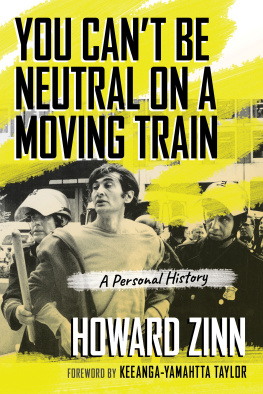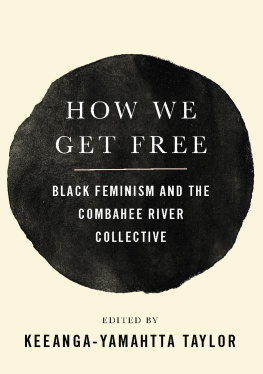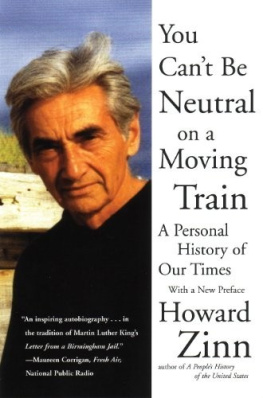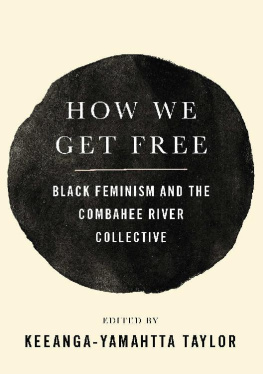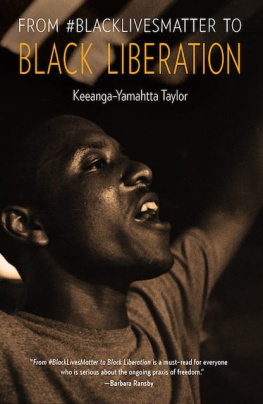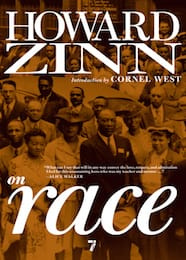Table of Contents
Pagebreaks of the print version
Guide

To Roslyn,
for everything
FOREWORD 2018
H oward Zinn wrote one of the most popular books on American history ever. A Peoples History of the United States has sold an astonishing two million copies since its first publication in 1980. The success of the book can also be measured by the way that it spawned a new genre of people-centered renditions of history. Zinns approach to history essentially inverted the traditional approach that placed the rich and powerful, along with the institutions they governed, as the central motors in the development of society. It was history told from above. Alternatively, Zinn championed an approach to history from the bottom up or from the perspective of the people.
The implications were radical. History was no longer seen as reducible to the expressed will of the elite but as a process elucidated through the actions of ordinary people in their confrontations against the powerful. To tell history from the perspective of the oppressed and marginalized was to recognize that to the degree there has been any progress in the United States, it has come from the struggles of regular people demanding rights, justice, democracy.
This was not a scholastic endeavor for Zinn, even though he was a professor of history. But history was not academic exercise; it was a means to make sense of the world we live in and, if necessary, a guide to action. Zinn, a prolific writer and scholar, tore down the wall intended to separate activismor partisanshipfrom the professed objectivity of scholarship. Instead Zinn told his students that he did not pretend to an objectivity that was neither possible nor desirable. You cant be neutral on a moving train, I would tell them.... Events are already moving in certain deadly directions, and to be neutral means to accept that.
Zinn eschewed neutrality, choosing to write reports, news stories, and multiple books from the perspective of the movements that he was active in. Prolific and without pretension, Zinn chronicled the civil rights and antiVietnam War movements for the general public. His writing exposed the broader world to the realities facing ordinary Black people across the South while also challenging the assumptions that the United States, by the sheer volume of its bombing campaign in Vietnam, could impose its will on that tiny country.
Zinns magnificent autobiography, You Cant Be Neutral on a Moving Train, is his own telling of the events and experiences within those movements that shaped his people-centered rendering of his history. It is a thin volume, barely two hundred pages, belying Zinns extraordinary life from his days as a bombardier in the Air Force during World War II, to his arrest as a civil rights activist in the South, to his negotiating the return of prisoners of war during the Vietnam War. The power of Howard Zinn the writer has overshadowed his fascinating history as an active participant in these powerful social movements. As Zinn wrote, [I] had begun to wander out of the classroom to go see some history.
This is a book written with a purpose that goes beyond touting the lifetime achievements of a well-known and influential person. What makes this an essential read is that Zinn is writing in response to the timeless questions that burn within anyone who cares about creating a more just society and world. Is change possible? Where will it come from? Can we actually make a difference? How do you remain hopeful? Zinn returns to these questions graciously and with humility by exploring his own journey toward radicalism. There are times when leftists disparage liberals for their continued faith in the system, becoming exasperated when they have not yet come to radical conclusions. Zinn makes the simple yet critical point that people make their own way to political consciousness: You read a book, you meet a person, you have a single experience, and your life is changed in some way. No act, therefore, however small, should be dismissed or ignored. For Zinn, this fluidity of political consciousnesspeople who may be completely passive in one moment but can be moved to act in a different momentwas the key to the emergence of a mass movement. To write off the possibility of change was to essentially write off the possibility of building the kind of movement necessary to change what was wrong in the world.
The power of Zinns story lies in its familiarity or even ordinariness. Howard Zinn was the son of Jewish immigrants, growing up in the hard poverty of the Great Depression era. He wrote fondly of how his parents hard work kept him and his brothers alive despite crushing poverty. These experiences challenged the regular refrain that people are poor because they dont work hard. He writes in great detail about the backbreaking work of his mother and father to stretch nothing into something. Zinns family poverty was foundational to his empathy and affection for the daily struggles of ordinary people. It is also vital to his spirited belief in the abilities and intellect of regular people to be their own fiercest advocates in the struggles to change the circumstances of their lives.
Zinns involvement with the Communist Party in his youth made a lifelong impression on him, both in terms of the members knowledge and in their confidence about the promise of socialism. It was not only their willingness to argue for what they believed but their commitment to their struggles. The Communist Party in Harlem in the 1930s made a name for itself when its mostly white membership marched in the streets against police brutality and often intervened to stop Black people from being evicted from their homes during the Depression. Zinns involvement with the Communist Party in his youth certainly shaped his politics and ideas, as did his experiences of poverty and hardship at home. Sometimes, though, there are more acute shocks to the system that force you to look at the world in a different way.
Zinn recalled the memory that was at the core of his political awakening. He wrote about his innocent arrival at a demonstration organized by the Communist Party, about carrying a banner and then experiencing confusion while being set upon suddenly by police. Recalling his first political demonstration being violently broken up, Zinn wrote, I was astonished, bewildered. This was America, a country where, whatever its faults, people could speak, write, assemble, demonstrate without fear. It was the Constitution, the Bill of Rights. We were a democracy. Zinn explained further,
From that moment on, I was no longer a liberal, a believer in the self-correcting character of American democracy. I was a radical, believing that something fundamental was wrong in this country... something rotten at the root. The situation required not just a new president or new laws, but an uprooting of the old order, the introduction of a new kind of societycooperative, peaceful, egalitarian.
Its an image that immediately evokes memories of the violent sacking of the Occupy encampments in the winter of 2012 or of the police siege in the summer of 2014 that turned the protests of the murder of Michael Brown Jr. into an uprising for the right to protest. Though the faith that regular people have in American democracy has certainly waned since the 1930s or 40s, the deep belief in the right to free expression and protest is ingrained. These violent and, often, unprovoked responses of the state to very ordinary displays of protest are shocking and call into question ones assumptions about our society. The shock is an awakening and then an impetus to act.

